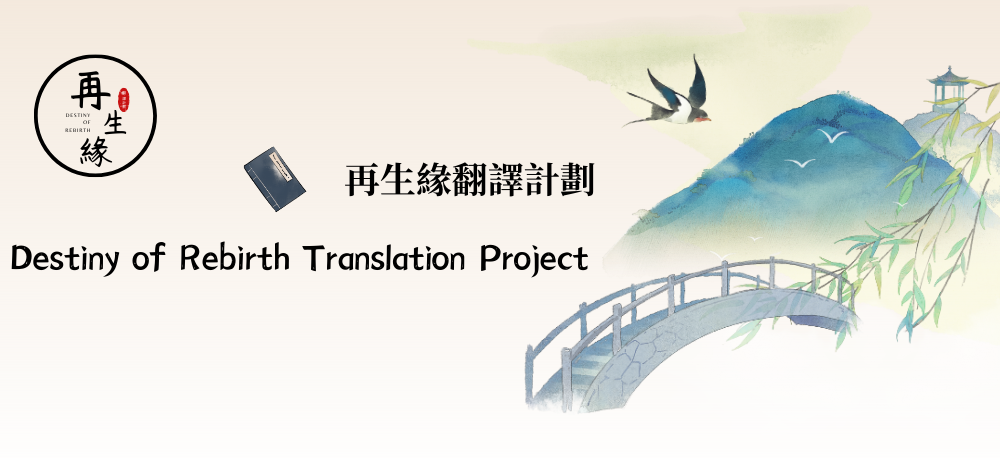This phrase has several basic meanings: (1) the owner of the house; (2) the servants’ master; (3) the host of a banquet (See https://baike.baidu.com/item/%E4%B8%9C%E5%AE%B6/10378540).
Traditional Chinese houses were often built facing south. The central part of the house was the living room. In the middle of the living room, facing south, there were two seats placed, one on the east and one on the west. When receiving guests, the host would always first invite the guest to the seat on the west side and then sit on the seat on the east side themselves. Some houses would even build two parallel paths together with steps, east and west, leading to the main hall. When receiving guests, the host would lead the guest to go on the west path, while themselves going on the east path; therefore, the host is also called dongdao 東道 [eastern path] or dongdao zhu 東道主 [host of the eastern path], generally shortened to dong 東 [east]. To host a banquet is also called zuodong 做東 [be the east] (See https://baike.baidu.com/item/%E5%81%9A%E6%9D%B1/10772046).
